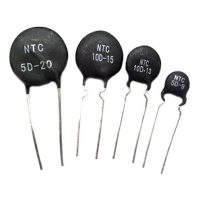Sensors¶
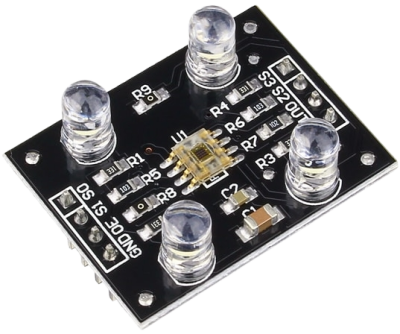
A color sensor detects the color of light reflected from an object and converts it into electrical signals for digital processing.
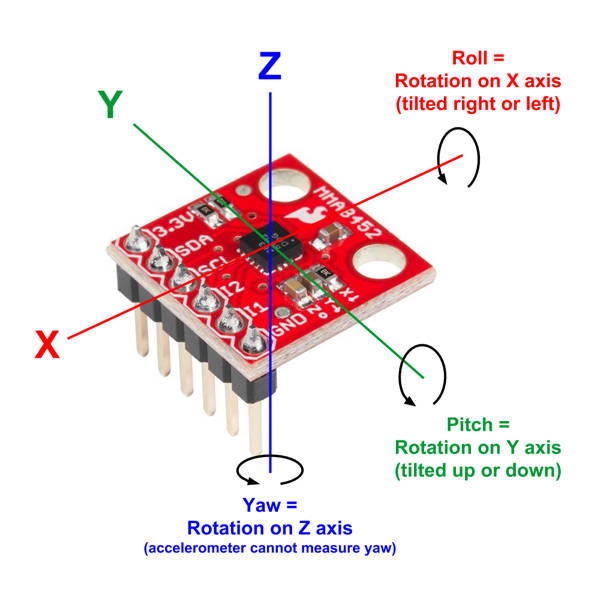
An accelerometer is a sensor that measures acceleration forces, both static (gravity) and dynamic (movement or vibration). It’s widely used in smartphones, wearables, vehicles, and robotics for motion sensing and orientation detection.
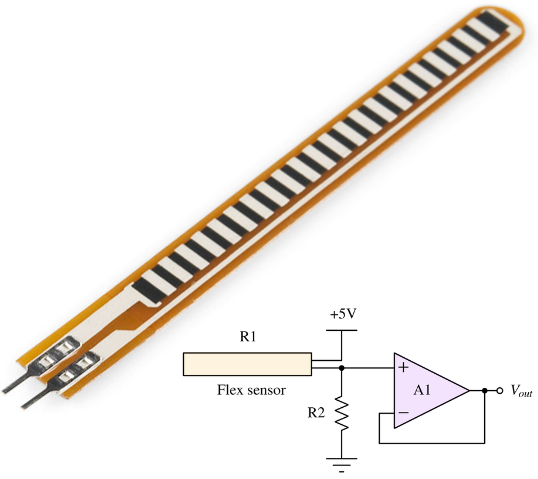
A flex sensor is a resistive sensor that changes its resistance based on bending or flexing, allowing detection of angular displacement or motion.
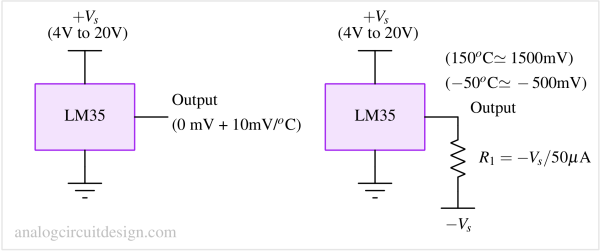
The LM35 is an analog temperature sensor that provides a voltage output proportional to the ambient temperature in °C.
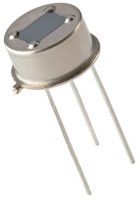
A PIR (Passive Infrared) sensor detects infrared radiation emitted by warm objects, such as humans, to sense motion.
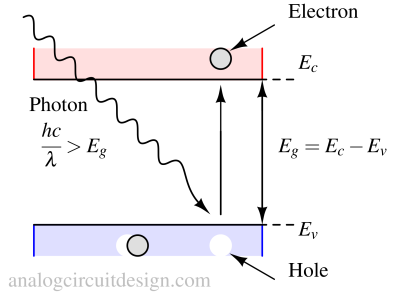
A photodiode is a semiconductor device that generates current when exposed to light, converting optical signals into electrical signals.
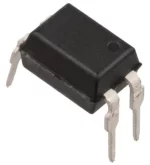
An Optoisolator, also known as an optocoupler, is an electronic component that transfers signals between two isolated circuits using light, providing electrical isolation and noise immunity.
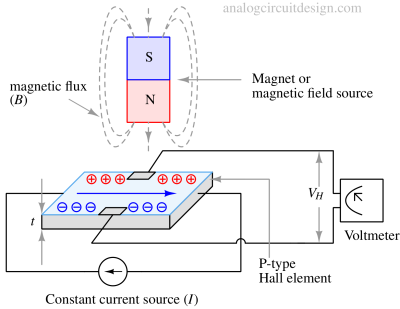
A Hall effect sensor detects magnetic fields and converts the magnetic flux density into an electrical voltage output.
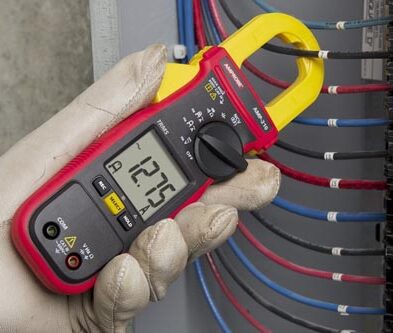
Closed loop current sensing measures current by using a feedback mechanism to improve accuracy and bandwidth.
